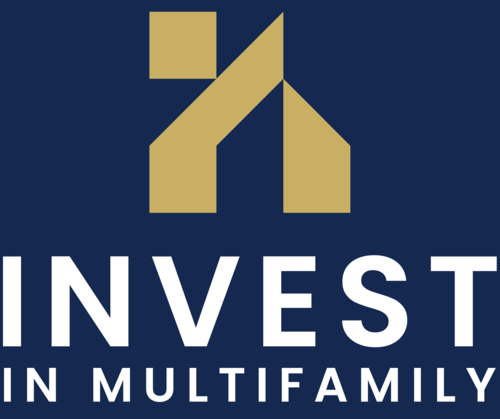A Comprehensive Guide to Owning an Apartment Complex
As the landscape of real estate investment continues to evolve, apartment complexes remain a resilient and lucrative asset class for sophisticated investors. The journey from aspiring investor to proud owner of an apartment complex is intricate but rewarding. This guide delves into the multifaceted process, offering strategic insights and practical advice to help you navigate and thrive in the world of multifamily residential investments.
Key Takeaways:
- Market Analysis: Understand the importance of selecting the right location for your investment.
- Financial Preparation: Learn about the down payment requirements, financing options, and key financial metrics.
- Due Diligence: Discover the critical steps in evaluating and purchasing an apartment complex.
- Property Management: Explore strategies for effective property management and tenant retention.
- Value Addition: Identify ways to enhance your property’s value and boost your investment returns.

The Foundation of Success: Choosing the Right Market
Understanding Market Dynamics
The success of your apartment complex investment largely hinges on the location. Markets with robust job growth, population inflow, and economic stability offer fertile ground for profitable investments.
Researching Competition and Demand
Conduct thorough market research to gauge the demand for rental properties in your chosen area. Analyze local demographics, rental rates, and the competitive landscape to ensure your investment aligns with market needs.
Case Study: Identifying a High-Potential Market
Consider the example of a 12-unit apartment building bought in a burgeoning neighborhood. The investors doubled the property value by renovating units and increasing rents, showcasing the impact of a well-chosen market. (Clever Real Estate)
Financial Fortitude: Preparing for Investment
Down Payment and Financing
The typical down payment for an apartment complex ranges from 20% to 40% of the purchase price, depending on the lender and property specifics. For instance, acquiring a $1 million property may require $200,000 to $400,000 upfront. (Supermode)
Exploring Financing Options
Securing financing is pivotal. Explore various loan types, such as government-backed loans, bank loans, and private financing. Each option has distinct benefits and drawbacks, so align your choice with your investment strategy.
Crafting a Business Plan
A comprehensive business plan is essential for securing financing and guiding your investment. It should detail your market analysis, financial projections, and strategic approach to property management.
The Art of Due Diligence: Evaluating Investment Opportunities
Financial Analysis
Evaluate potential properties through meticulous financial analysis. Examine rent rolls, occupancy rates, and operating expenses to ascertain the property’s profitability.
Key Metrics:
- Net Operating Income (NOI): The property’s revenue minus operating expenses.
- Capitalization Rate (Cap Rate): NOI divided by the property value, indicating the expected rate of return.
- Gross Rent Multiplier (GRM): Purchase price divided by annual rental income, offering a quick investment value assessment.
Physical Inspection
Conduct a thorough physical inspection to uncover potential issues. Engage professionals to assess the building’s structural integrity, electrical systems, plumbing, and overall condition.
Legal and Environmental Considerations
Ensure compliance with local zoning laws and building codes. Investigate any environmental liabilities, such as potential contamination or natural disaster risks.
Negotiating the Purchase
Effective negotiation can significantly impact your investment’s success. Base your offers on detailed market research and property evaluations, and be prepared to walk away if terms don’t meet your criteria.
Mastering Management: Operating Your Apartment Complex
Property Management Strategies
Effective property management is crucial for maintaining your investment’s value and ensuring tenant satisfaction. Decide whether to manage the property yourself or hire a professional management company.
Adams Investor Group highlights the benefits of forming an LLC for property management, offering flexibility and legal protection for investors. (Adams Investor Group)
Tenant Retention and Satisfaction
Retaining tenants is vital for consistent cash flow. Focus on providing excellent customer service, maintaining the property, and addressing tenant concerns promptly.
Enhancing Property Value
Invest in amenities and upgrades to enhance your property’s appeal and justify higher rents. Common value-adding features include modern appliances, fitness centers, and communal spaces.
APX Construction Group recommends installing sought-after amenities like pools and gyms to attract and retain tenants. (APX Construction Group)
Conclusion: Building Wealth Through Strategic Investment
Investing in apartment complexes is a dynamic and rewarding journey that demands strategic planning, meticulous research, and proactive management. By understanding market dynamics, securing robust financing, conducting thorough due diligence, and mastering property management, you can transform your investment into a thriving and profitable venture.
As you embark on this path, remember that real estate investment is both an art and a science. The insights and strategies shared in this guide are designed to equip you with the knowledge and confidence to succeed. Embrace the challenges, stay informed, and continually seek opportunities to enhance your investment portfolio.

